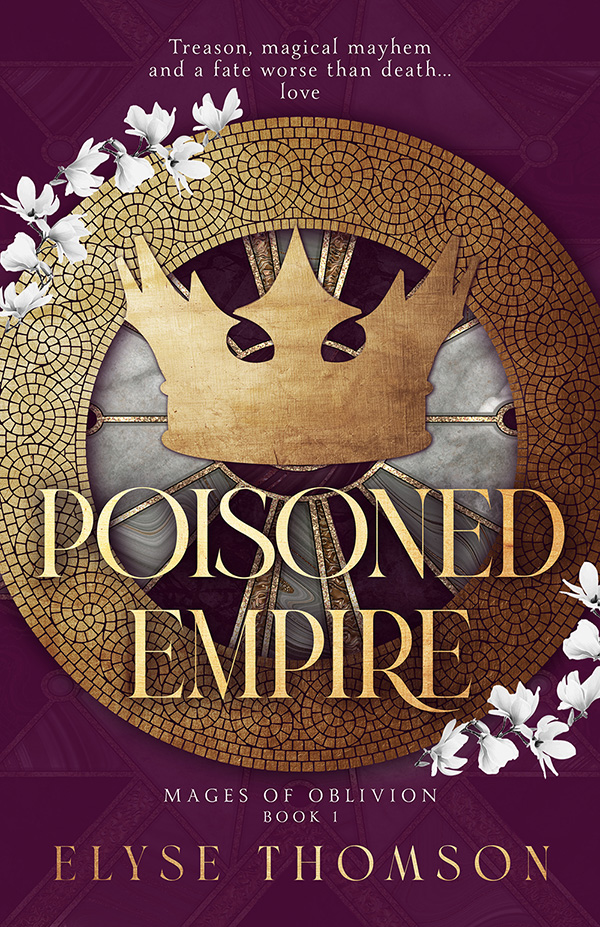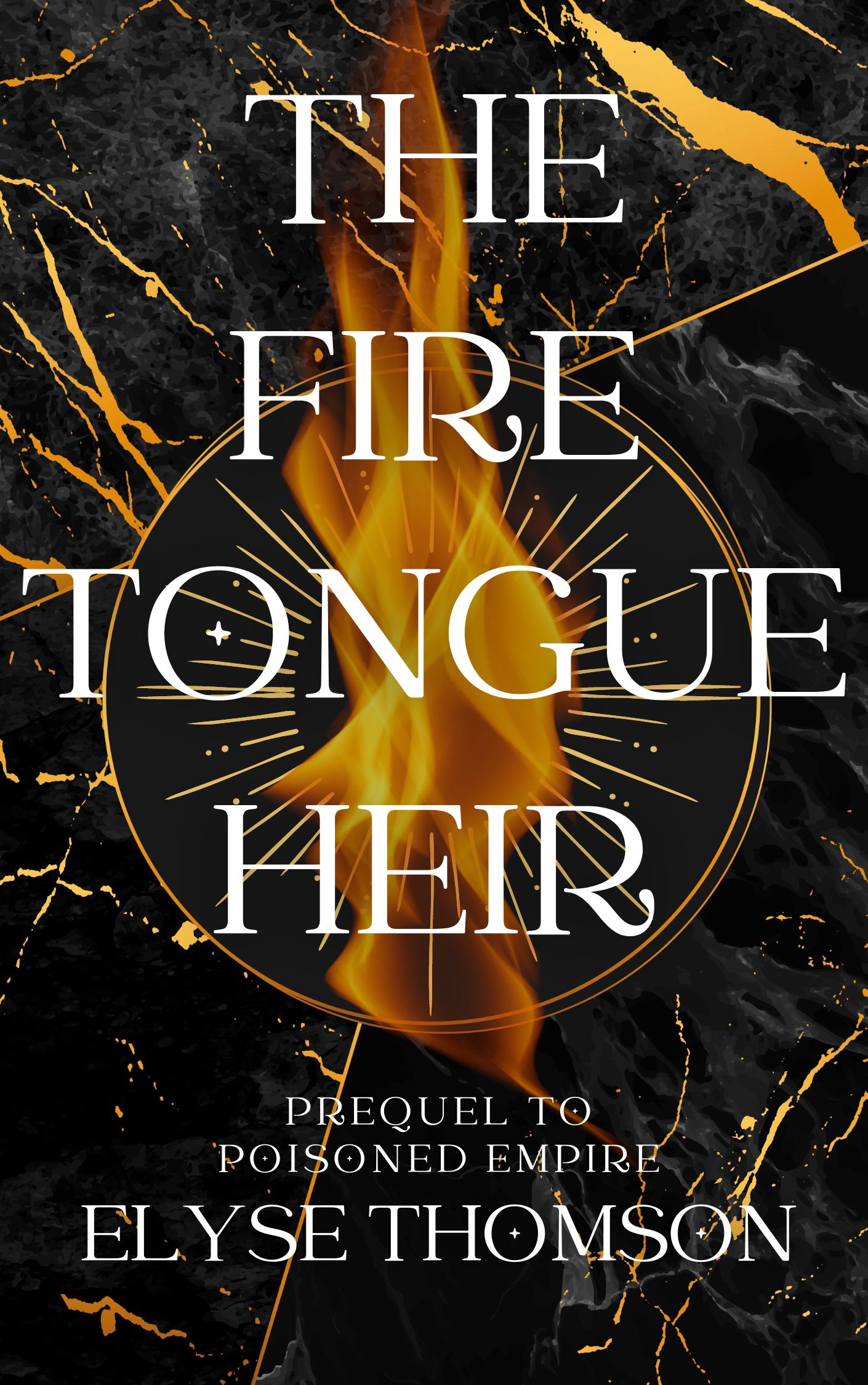Escapism and Fiction - Elyse Thomson
12 Jul 2023Have you ever wished you could be somewhere—anywhere—else? Have you ever dreamed of adventures you’re too timid to go on, romances you’re too shy to initiate, or fantastical things that simply don’t exist? If you’re anything like me, you can probably answer ‘yes’ to all of the above and more. You are here, reading about escapism, after all.
Life provides no end of unpleasant things. Sickness. Loneliness. Debt. Christmas music. (If you work in retail, I think you’ll agree that a 4-8 hour shift of being subjected to remixed, saccharine Christmas carols should be against the Geneva Convention.) I’m a firm believer in the idea that we’d all explode without a little relief from all of that.
Escapism takes many forms. There are a great many people out there who love a good piece of literary fiction, full of personal crises that hit close to home, artful language and usually, a heaping dose of existential dread. I am not one of those people. All the power to them, you do you, but when I reach for a new book, my eyes skip right over all of that and go to my happy places: fantasy and romance (ideally a combination of both). Usually, I am content to live and let live. One person’s favourite book is another person’s most despised—the reviews for any book are evidence enough to bear this out.
But there is a stigma to reaching for the joy that a fun fantasy book or romance novel brings. And it is a stigma that more ‘serious’ fiction rarely engenders. Every other week it seems someone opines that the fantasy genre is in inescapable decline, and a major contributing factor is of course a book or some subgenre of books. (That is, if the subgenre in question, usually something considered cozy or romantic, should even be allowed into the hallowed halls of the fantasy genre writ large. Gasp! Shock! Horror!) This, predictably, sets off a wave of counter-arguments until the whole thing dies down, only to reignite with another equally bad take a week later. At the heart of each of these dust-ups is usually the sentiment that fiction which transports the reader, delights them, makes them smile or laugh (or swoon), is not just unworthy of praise, but deserving of ridicule.
When you think of praise-worthy fantasy books, what immediately jumps to mind? I would bet that many of the titles could be categorized as serious or literary—the kinds of books an avid reader might be expected to dissect, revealing complex layer after layer. But if I asked you to think of the last fantasy book that made you feel good, would you shelve it alongside the titans of the genre? Who would you even categorize as a titan of the genre and why?
It’s a compulsion I share when in the company of strangers. I too have internalized the stigma attached to a love of fun, fluffy books. I’m still not entirely sure how to answer the question “What’s your book about?” in a way that is both true to what I write while also appealing to the mindset that escapism is childish and unsuitable for adults. After all, adults are supposed to work, pay taxes, keep abreast of the news, cook and clean and then go to bed and do it all again the next day. Our adult literature should reflect all this seriousness. (Cue eye roll.)
By now you’ve probably guessed how I feel about that sentiment.
Fiction that focuses on eliciting joy is worthy.
Yes, I will die on this hill.

It should come as no surprise that the world is less than perfect. Heroes rarely prevail, justice is often left unserved, love and friendship cannot solve all your problems. But when you’re lost between the pages and everything else is nothing but static, in those precious moments, the world outside is not so bleak—there is hope and warmth and laughter. There is value in these stories, both in the writing of them and in the reading of them.
People reach for comfort when they’re hurting. I’m no different. Writing has always been as escape for me. I like to say that I wrote my first book (long may it remained buried) out of spite for how a popular YA series ended. I was eighteen. The melodrama and angst dripped off every page. I’m fairly certain if anyone were to get ahold of it now, I might truly crawl under a rock and never come out again. Jokes aside, while spite ignited the spark of it, the greater reason I felt compelled to write was out of grief. A good friend of mine had died, and so I poured my grief into a story. And then another. And then another. Writing became my go-to activity when I was miserable.
I turned into a voracious reader around the same time. I needed an out from the stress of school and the loneliness of living on my own. My brother gave me my first romance novel and I’ve never looked back. I found comfort. I laughed. I swooned. I gasped. I dreamed. My shelves are a testament to the power of escapism and joy. Every book was another brick is the wall that protected my heart from hopelessness. Every fluffy book I read was a warm hug that healed me, even if only a little.
When I first began Poisoned Empire, it was, typically for me, during a time when I needed another escape. I needed to be on an adventure full of magic and friendship, somewhere I wasn’t sick, exhausted or scared. I began it as something to keep myself preoccupied. But by the end, writing wasn’t something I only did when I was miserable, but something I did because it brought me joy. Somewhere along the way, I felt like I’d turned a corner from the person who simply wrote out of a need for catharsis, into someone who wrote for fun.

Best of all, I’d managed to make something that I hoped would provide a respite from the world outside. My greatest wish is that my books give someone else a few hours of uncomplicated fun. And you know what? Once ARCs started going out, readers reached out to tell me I’d managed to do just that—delight them, bring a bit of laughter into their world, make them smile.
I challenge anyone to tell me that they were wrong, or that their joy had no worth.
When framed that way, it interrupts the knee-jerk reaction of escapist fluff = no value, doesn’t it? We seem to be able to accept and even laud the pursuit of happiness. We revere (and are jealous of) those who seem to have attained it. So why is it so difficult to value it in fiction? What would your world look like if you never smiled again? What if you never had another reason to laugh? Sounds bleak to me! My point is this: no one I know is competing to be their saddest self. Why should the books we write, read and value be so different?
So when I say that bringing a bit of happiness into the world, or seeking it out, however fleeting, is worth pursuing, I hope you’ll come to agree with me. If you value your own smiles and laughter, your comfort and contentment, it should not be so hard to extend that to valuing what ignites that joy in others.
Now go out and find your next great escape. Join a hero on their journey with a band of loveable misfits. Get yourself a front row seat to some swoon-worthy romance in a world with dragons. Go and find something joyful to read. It’s worth it.
About the author

Elyse Thomson writes steamy fantasy full of court intrigue, daring heroines, magical mayhem, swoon-worthy romances, and worlds inspired by ancient history.
Elyse graduated from University of Toronto with a Bachelors in History and Classics and currently resides in Canada's capital where you can find her binding antiquarian books, playing Dragon Age or snuggling with her husband or her neurotic terrier.
